
Difference between KCC Certification and KC Certification
KC Certification (Korea Certification) is the safety certification system for electronic and electrical products in Korea. It is implemented based on the Mandatory Safety Certification System under the Electrical Appliances Safety Management Act, effective from January 1, 2009. The Korea Technology Standards Institute (KATS) is responsible for kc certification.
KCC (Korean Communications Commission) stands for Korean Communication Certification. KCC is responsible for the certification of telecommunications equipment and products in accordance with the Telecommunications Basic Act and the Radio Wave Act in Korea.
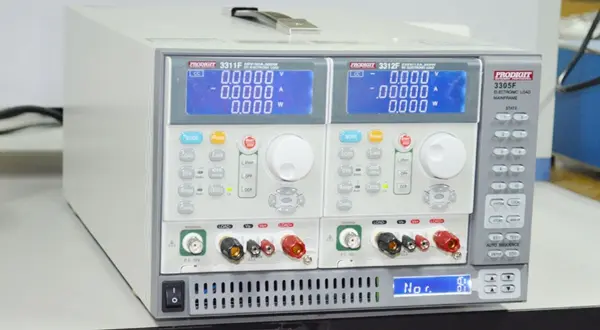
Differences between KC Certification and KCC Certification:
1. Different Purposes:
- KC Certification aims to provide consumers with clear information about the certification marks on purchased products and reduce various certification costs for manufacturers.
- KCC Certification is a certification system for broadcast communication equipment. Any production, import, or sale of broadcast communication equipment products in Korea requires KCC Certification.
2. Different Certification Authorities:
- KC Certification is issued by the Korea Technology Standards Institute (KATS).
- KCC Certification is issued by the Korean Communications Commission (KCC).
3. Different Technical Documentation Required:
- KC Certification requires technical documentation such as safety certification application, product manuals, parts lists, insulation material catalogs, product circuit diagrams, agency authorization letters (if applying through an agent), marking labels, factory inspection forms, detailed specifications, and preparation samples (quantity depends on product type).
- KCC Certification requires technical documentation such as test samples, test standards (KS standards, IEC standards, customer-provided standards, etc.), selection of test purposes, manuals (technical information, setup methods, usage methods, etc.), business licenses, and EMC testing fees.
4. Different Nature of Certification:
- KC Certification includes mandatory and voluntary certification.
- KCC Certification is mandatory in Korea, and manufacturers both domestic and international must obtain Korean safety certification before importing electronic products into Korea.
5. Certification Process and Requirements:
- The KCC Certification process involves preparing materials and samples for prediction and testing, sending the samples to local laboratories in Korea, arranging for laboratory testing, and submitting the test report to the Korea Radio Research Agency (RRA). Application materials include manuals, comprehensive system diagrams, circuit diagrams, etc.
- KC Certification requires products to comply with specific safety standards and undergo factory inspections and product sampling inspections annually. For voluntary certification products, only obtaining certification through testing is required, without the need for factory inspections.
6. Certification Marks:
- The Ministry of Information and Communication (MIC) originally used the KCC certification mark. With the Korean Communications Commission replacing MIC, the certification mark has correspondingly changed.
- The KC certification mark is specifically used to identify products that comply with KC certification standards. Since January 1, 2011, the original Korean KCC mark has been unified into the KC mark. Therefore, KCC Certification and KC Certification now share the same certification mark.
Email:hello@jjrlab.com
Write your message here and send it to us
 ASTM D4169 Drop Test
ASTM D4169 Drop Test
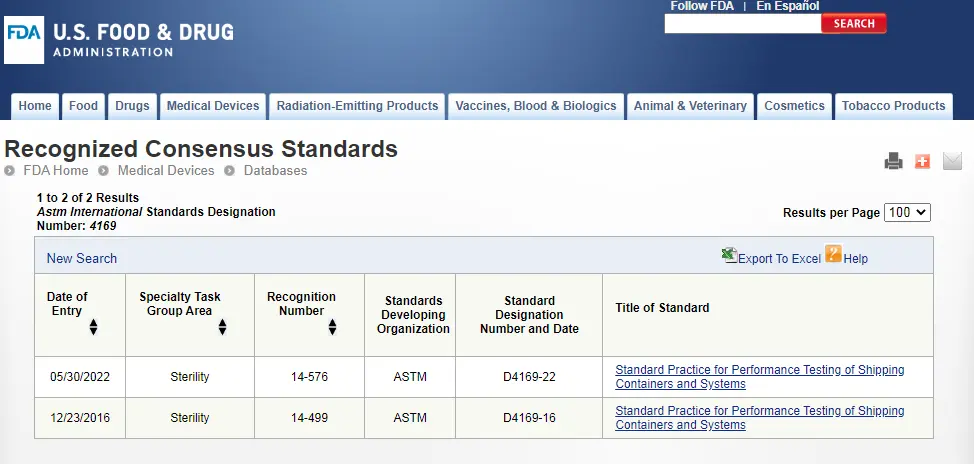 ASTM D4169 Packaging Simulation Transportation Tes
ASTM D4169 Packaging Simulation Transportation Tes
 What is ASTM D4169 Testing?
What is ASTM D4169 Testing?
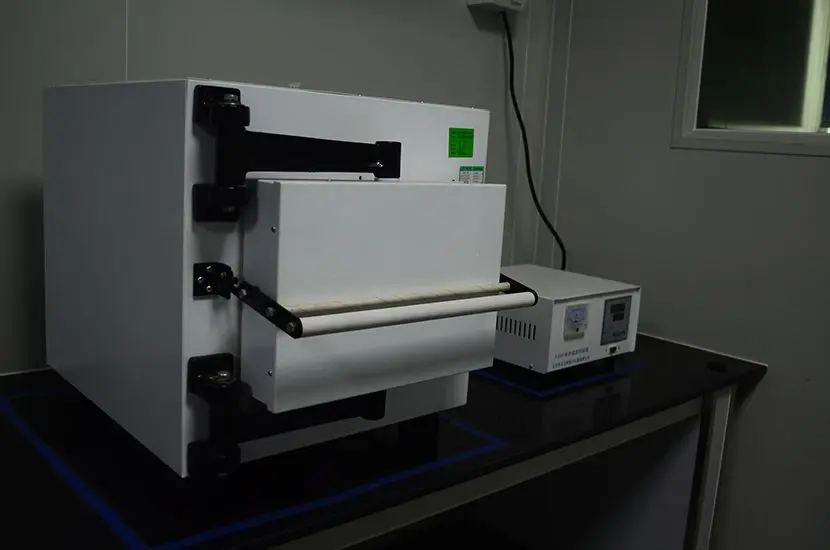 ASTM D4169-23 Test Standard Revision
ASTM D4169-23 Test Standard Revision
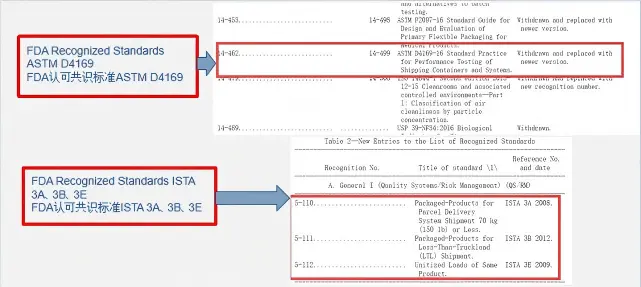 Transport Simulation Testing for Medical Device Pa
Transport Simulation Testing for Medical Device Pa
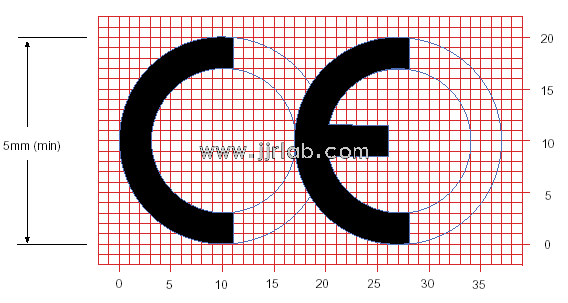 EU CE Certification Guidelines for Lighting Fixtur
EU CE Certification Guidelines for Lighting Fixtur
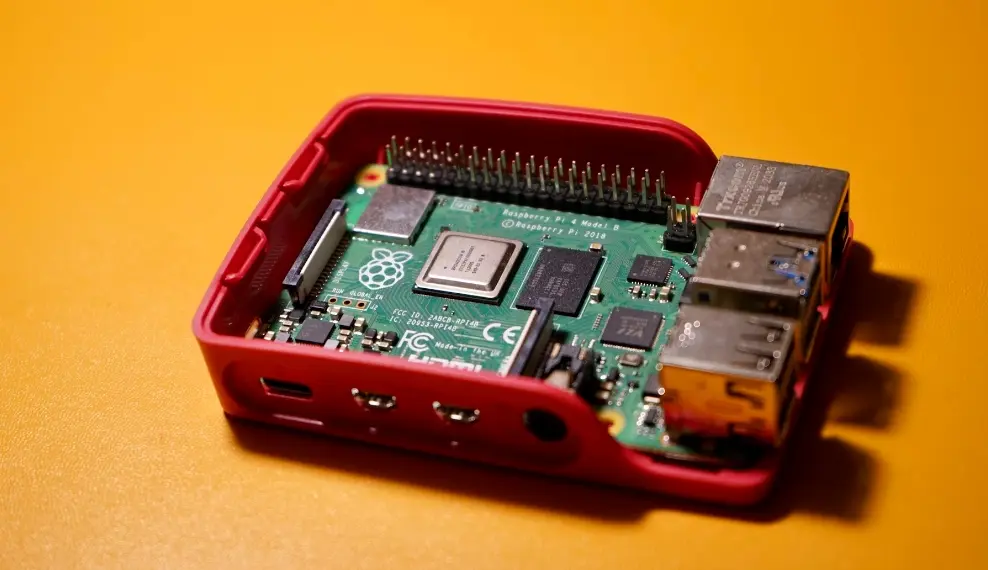 Lithium Battery Export: CB Certification & IEC
Lithium Battery Export: CB Certification & IEC
 How to Apply for One FCC Certificate for Multiple
How to Apply for One FCC Certificate for Multiple
Leave us a message
24-hour online customer service at any time to respond, so that you worry!




